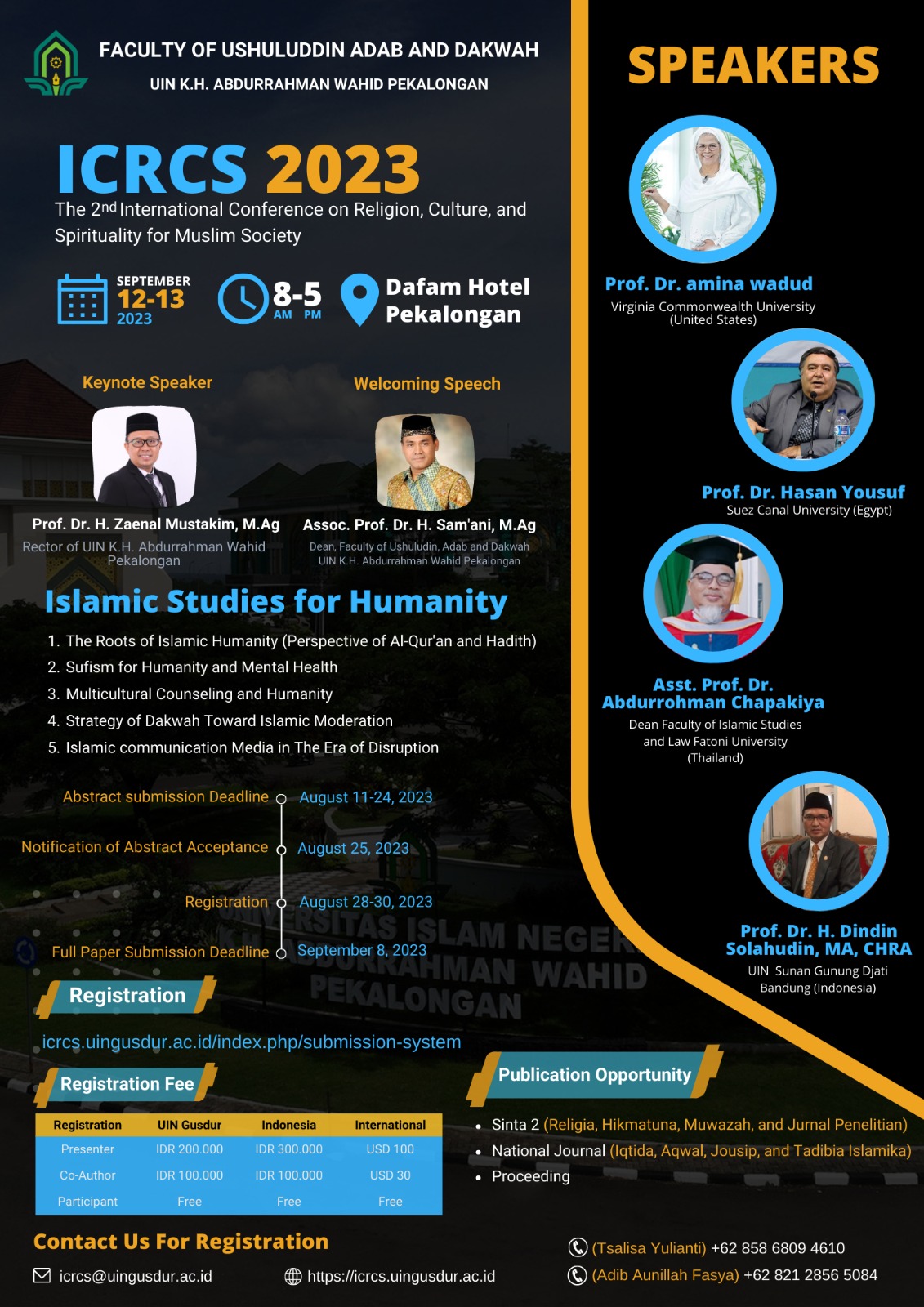Cash Waqf Movement for Community Economic Empowerment
DOI:
https://doi.org/10.28918/icrcs.v2i1.1539Keywords:
cash waqf movement, legality, community economic empowermentAbstract
The cash waqf movement for community economic empowerment in the form of revolving loan to improve the Small and Medium Enterprises (SMEs) has been paid less attention. Promotion by the Indonesia Waqf Board is more on the cash waqf movement for investation through Cash Waqf Linked Sukuk. It surely has made studies on cash waqf for economic empowerment for weak people receive less attention. Even if there is a study on it, it is done more on the role of the Micro Waqf Bank, which in its legal format according to Indonesian laws and regulations is more accurately referred to as a microfinance institution than a waqf management institution. Hence, this study was conducted to review the legality aspects of cash waqf to find the possibility of growing the cash waqf movement for the economic empowerment of the people. This study used a descriptive qualitative approach by using documentation techniques in its data collection to answer the research questions. The opinions of classical Islamic law scholars, regulations and articles related to waqf were used as data sources to be analysed. The results of the study show that the cash waqf movement for community economic empowerment in the form of revolving loans for the development of SMEs actually has “fresh air” to be developed. It just needs a lot of effort considering that Indonesian Muslims still question the validity of cash waqf itself because most of them follow the Shafi'i school which does not allow cash waqf.




